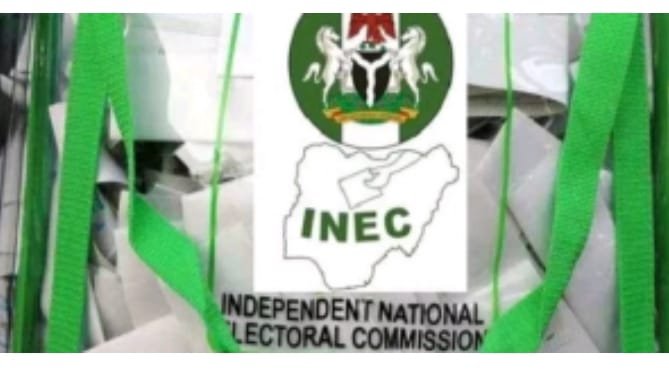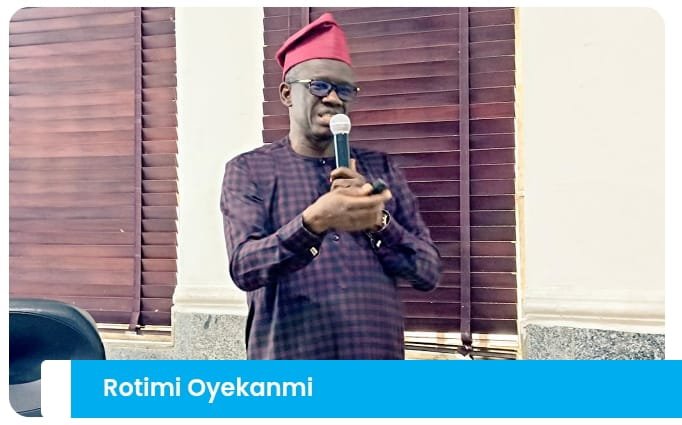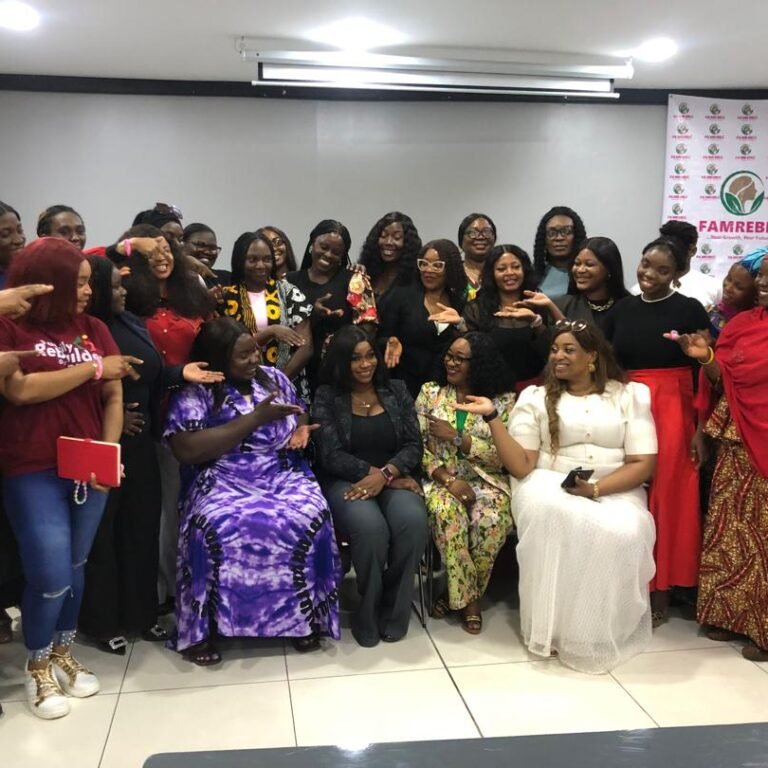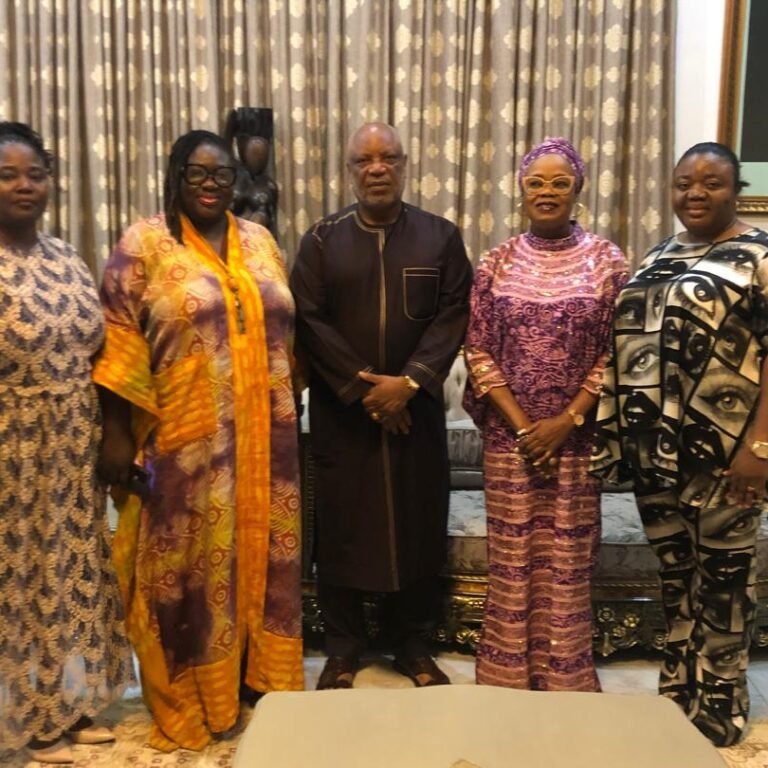
By Ameh Gabriel
The Independent National Electoral Commission (INEC) has refuted claims by a political party suggesting that the number of online voter pre-registrations recorded in Osun State was inconsistent with “historical patterns and demographic realities.”
In a statement signed by Rotimi Oyekanmi, Chief Press Secretary to the INEC Chairman, the Commission clarified that there was nothing unusual about the figures released, stressing that Osun State had consistently led in online pre-registration numbers since the initiative was first introduced in 2021.
INEC explained that the current online pre-registration exercise, which began on 18th August 2025, recorded a total of 1,379,342 applications nationwide within the first week. Of this, Osun State accounted for 393,269 registrations, followed by Lagos with 222,205 and the Federal Capital Territory with 107,682.
Providing historical context, the Commission recalled that when online pre-registration was launched on 28th June 2021, Osun State also topped the list of active registrations. By April 2022, Osun had registered 708,782 voters, more than any other state in the federation.
INEC further stressed that its registration process is designed with multiple safeguards, including physical biometric capture, public display of preliminary registers for claims and objections, and screening through the Automated Biometric Identification System (ABIS) to eliminate double or fake registrations.
“Throughout the last CVR exercise, we consistently released weekly data to the public and subjected the register to verification and scrutiny. At the end of the process, over 9.4 million new voters were added to the National Register, bringing the total to 93,469,008 for the 2023 general election,” the statement read.
While noting that it is not the Commission’s role to speculate why some states record higher registration numbers than others, INEC emphasized its constitutional responsibility: to ensure that only eligible Nigerians are registered as voters.
The Commission urged political parties and the public to rely on verifiable data from its official platforms rather than “sheer conjecture,” assuring that it will continue to provide timely updates on both online and in-person Continuous Voter Registration (CVR).






